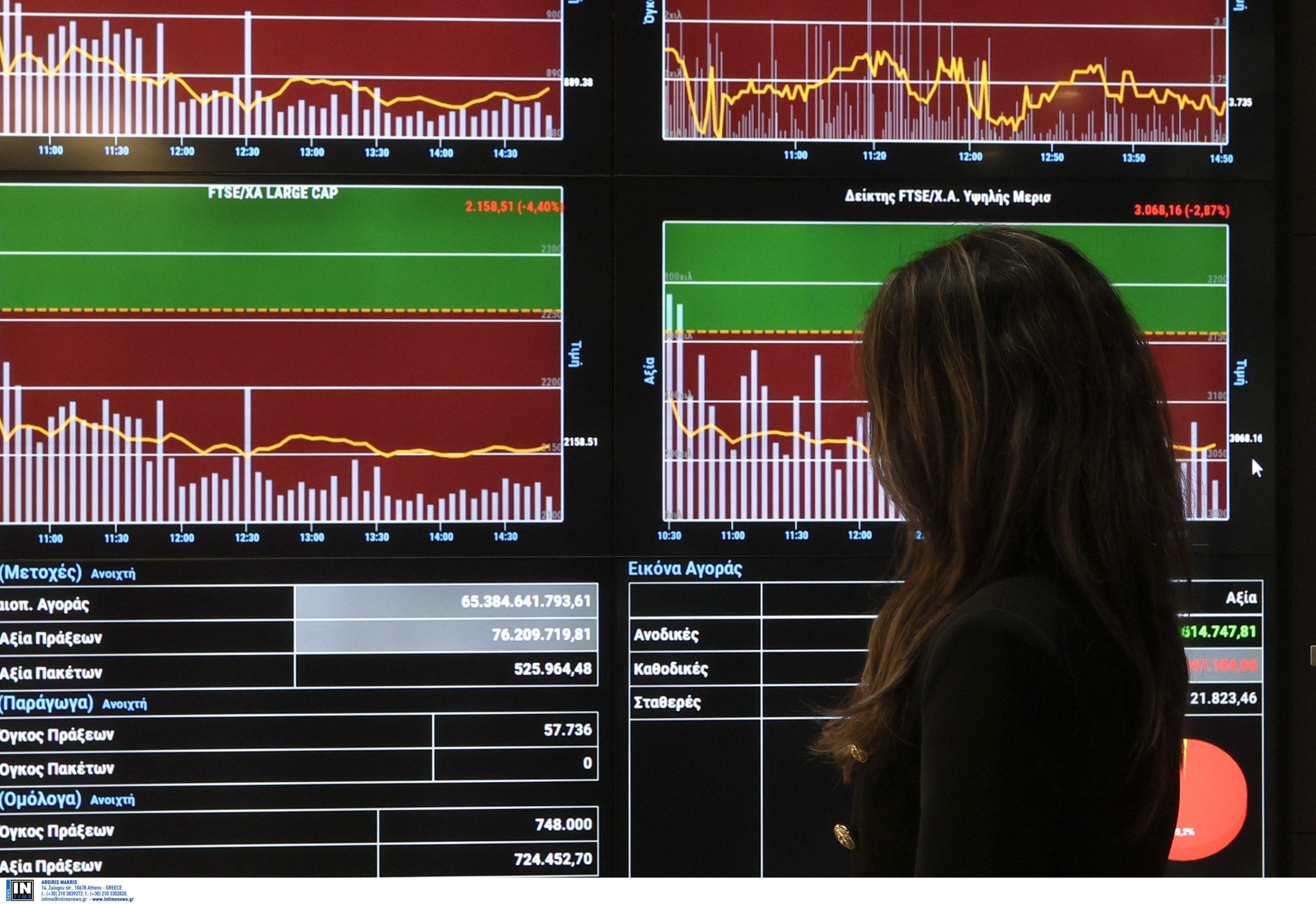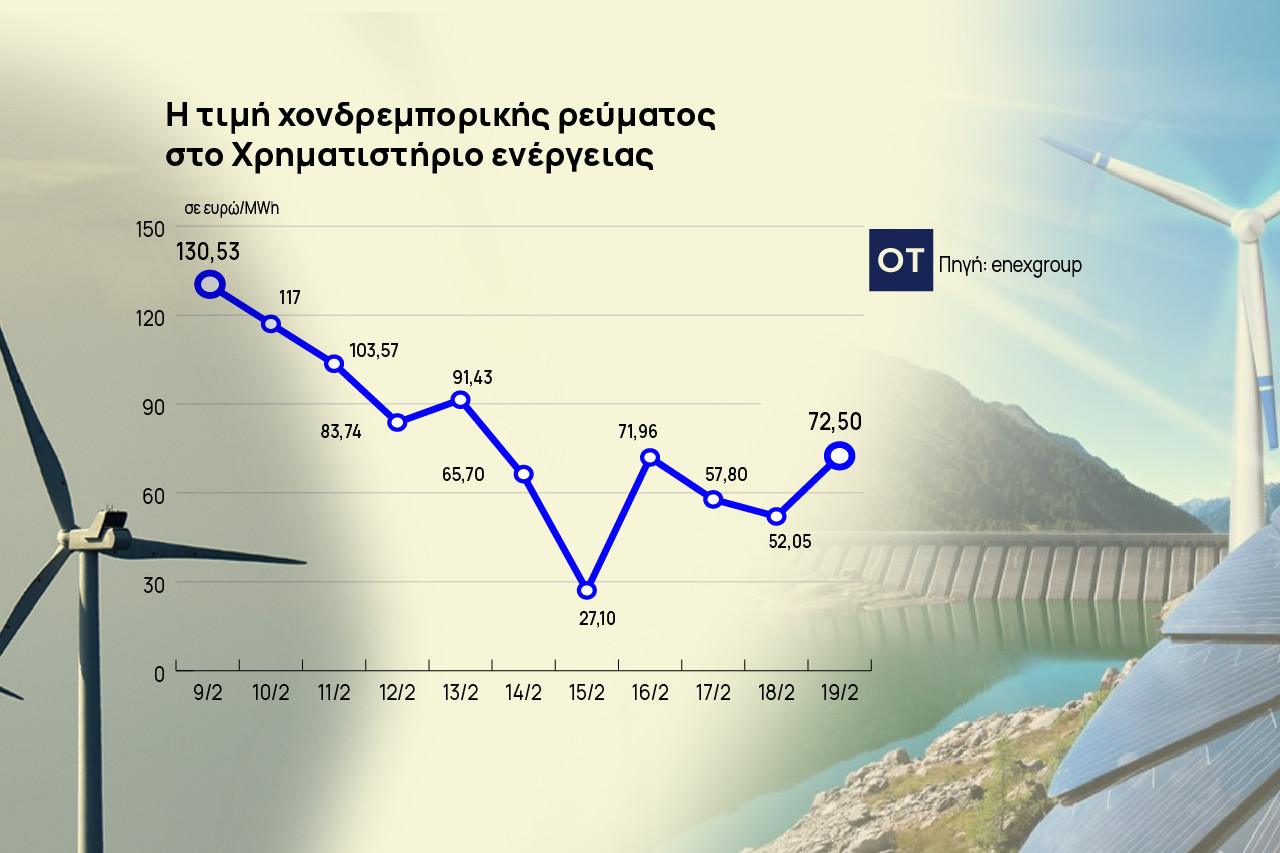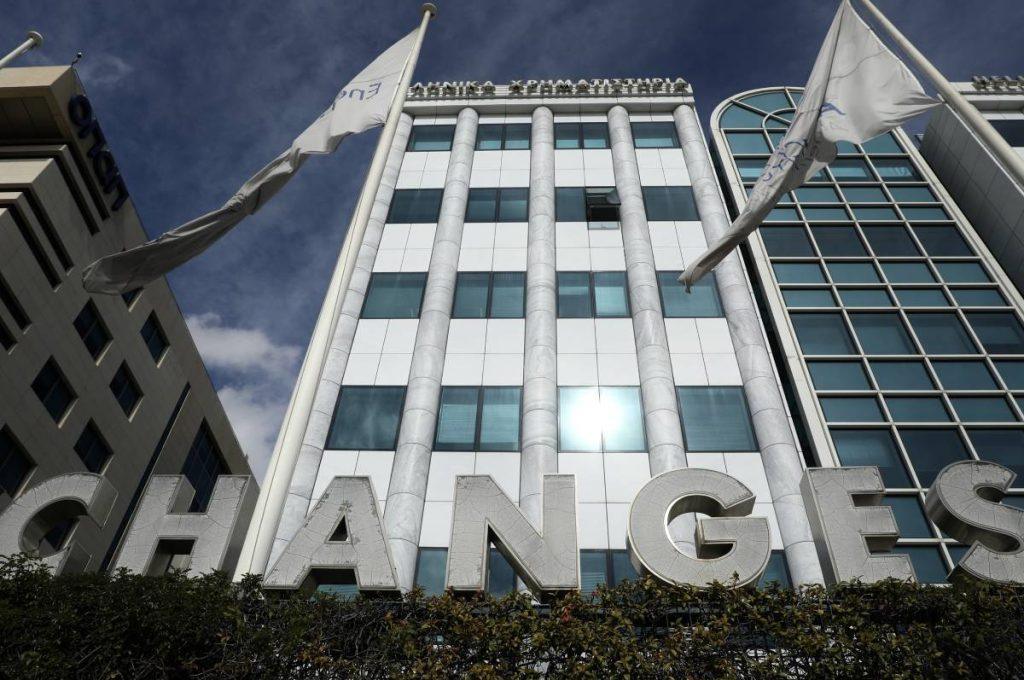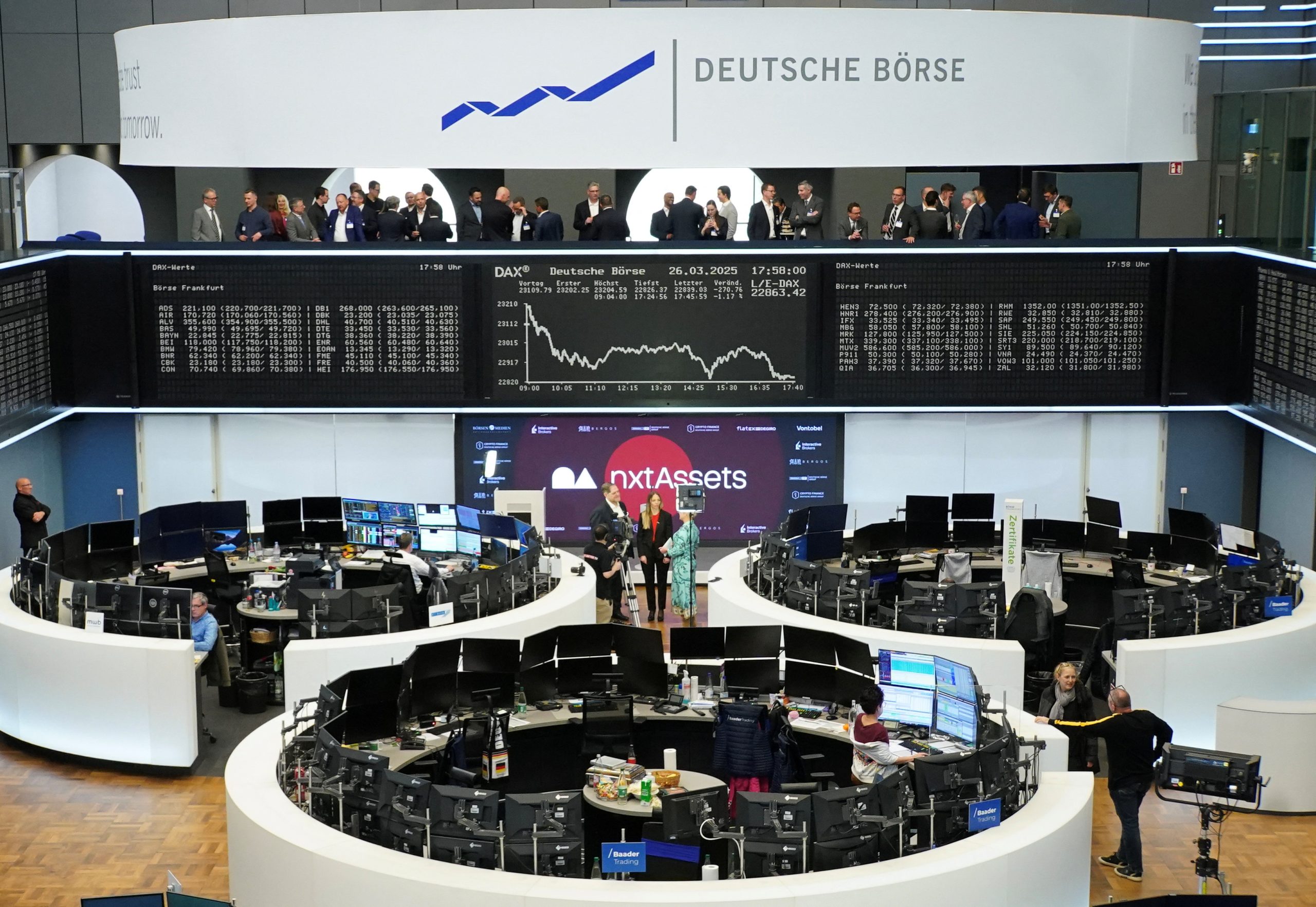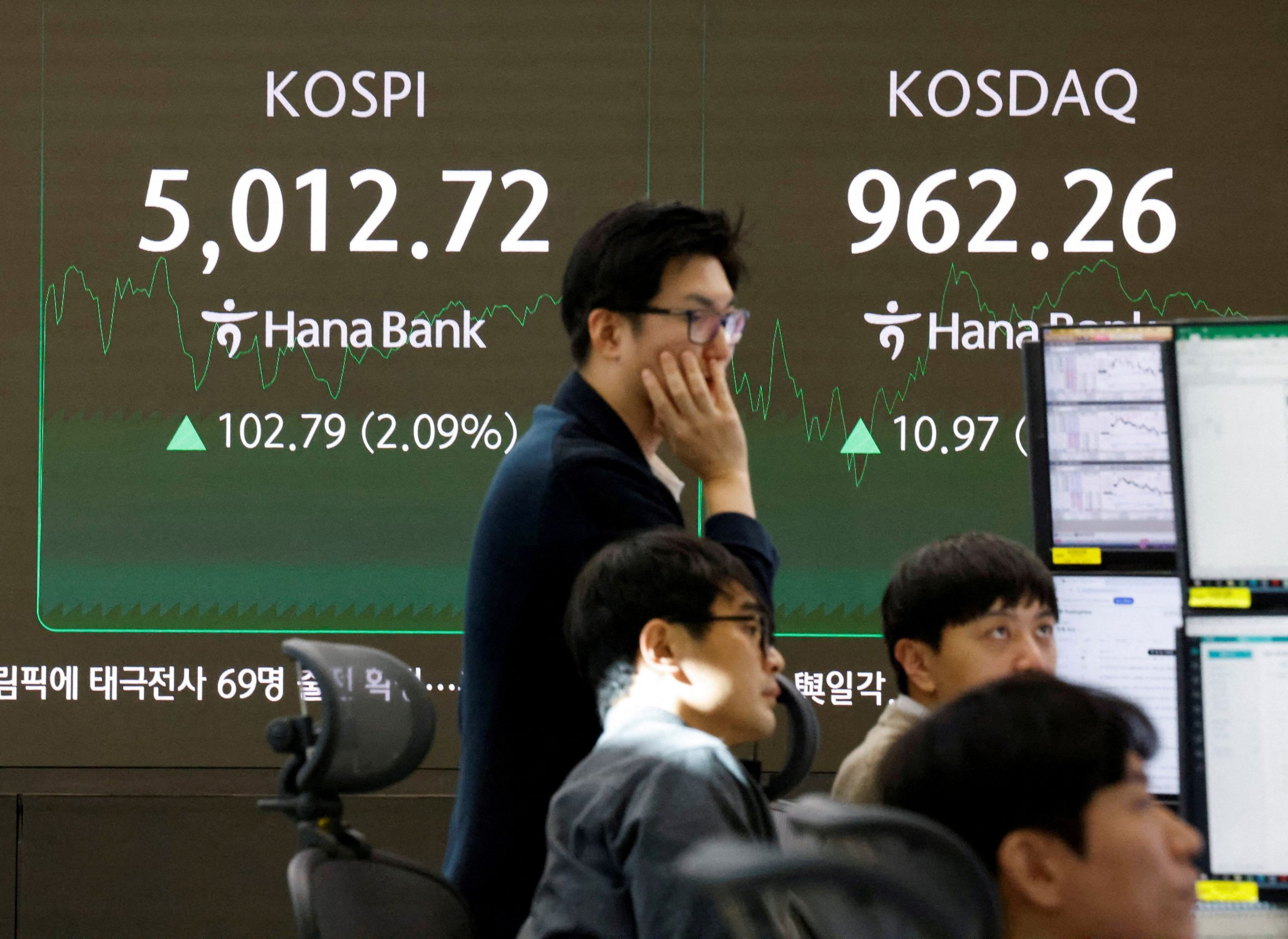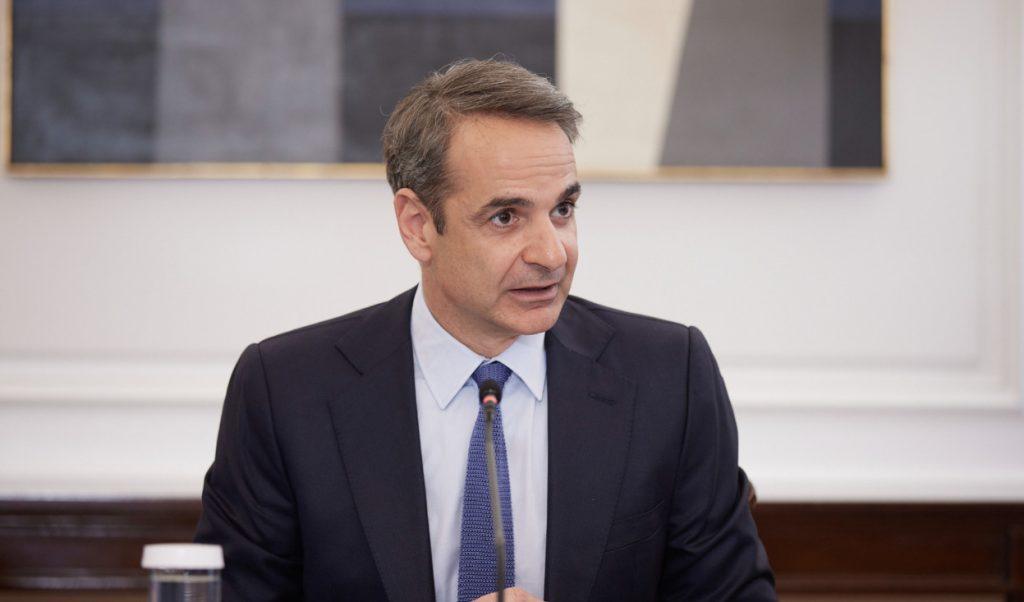The number of active internet users in Greece is increasing exponentially, according to a recent study by market research company Focus Bari, with older age groups emerging as those with the highest engagement.
Regional areas have experienced the greatest increase, at +13% since 2019. Those between the ages of 65 and 74 have shown a high rate of digital engagement, with daily usage over the past five years increasing by 61%.
Greeks are also highly active in the use of mobile devices for online activities, with Thessaloniki standing out for its high engagement on social media.
Over two-thirds of Greeks have made at least one online purchase in the past six months, with those aged over 45 showing significant growth in this behavior.
On the issue of cyber security and protection, more than three out of four Greeks demand increased protection from the state against cybercrime and online piracy. A previous Focus Bari survey highlighted that smartphone internet usage has become universal in Greece, with a notable rise in internet use among those aged 65-74.
Greeks said they mainly browsed for entertainment and news during their roughly 1.5 hours spent daily scrolling through social media. Connecting with friends and family was also part of their social media routine.
Facebook remained the most popular platform for those over the age of 35, while TikTok and Instagram appealed more to the 16-24 demographic.
Internet use has become deeply embedded in daily life, with 65% of Greeks stating that online shopping makes their lives easier. According to the survey, two out of three citizens made online purchases over the last six months, spending an average of €976.
Men primarily choose electronic goods (33%) for online shopping, while women tend to spend more on clothing (49%). Finally, debit cards and cash on delivery are the preferred payment methods for online purchases in Greece.
Source: Tovima.com











